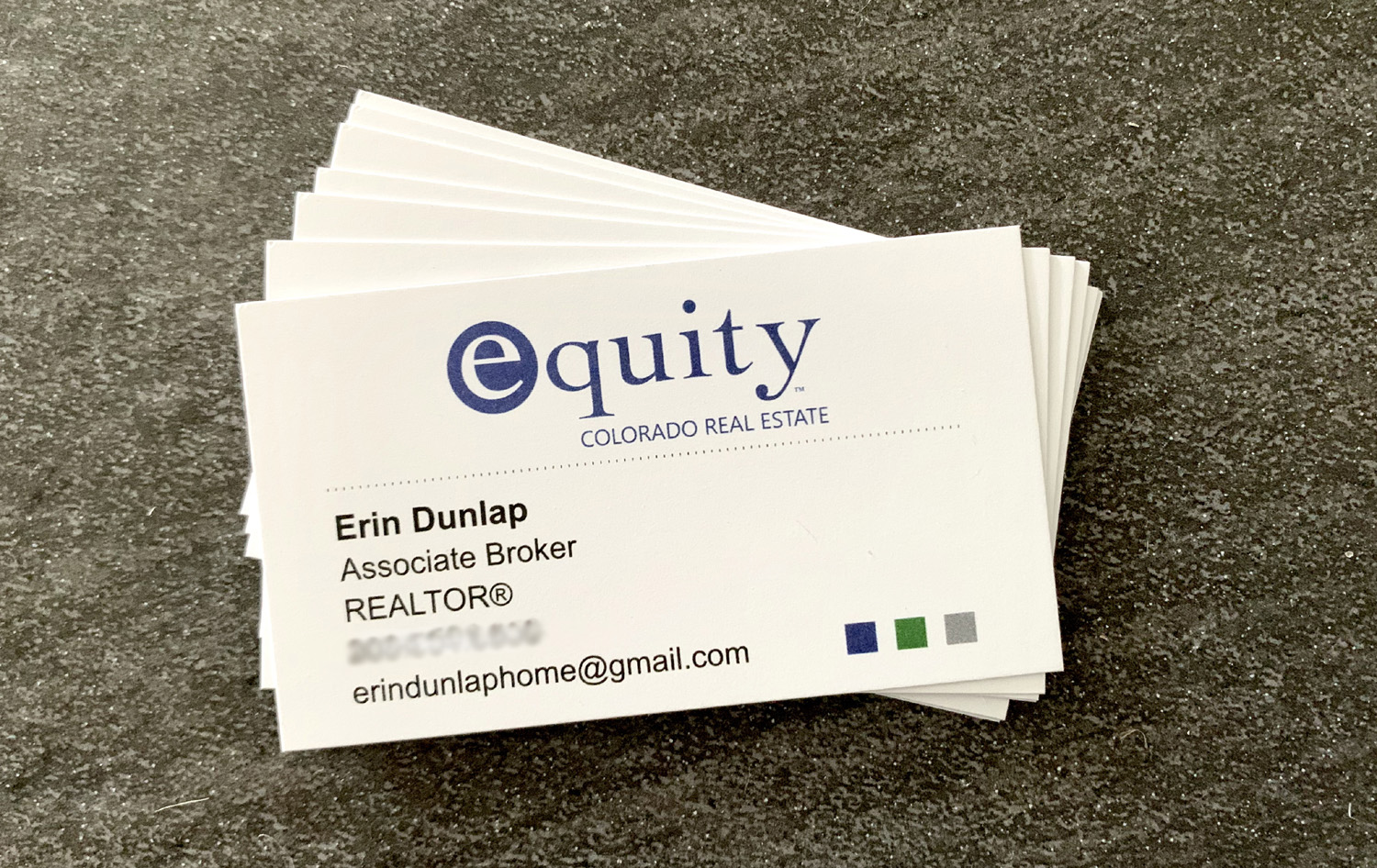
You need to be familiar with the requirements to obtain a Illinois real estate license. This article will cover the requirements to obtain a real-estate license, continuing education and revocation. You will also find answers to some of the most common questions you might be asked on an exam. The Board of Real Estate Examiners can be reached for any questions. The board of examiners' task is to ensure fair laws and protection for license holders.
Article 15
Article 15 allows a licensed broker to act as a designated agent for a consumer. This relationship must be based upon mutual consent. The General Assembly concluded that common law of agency had led to misunderstandings that resulted in negative consequences for consumers. This Act codifies the relationship in order to avoid misunderstandings and ensure stability in real estate markets. This Article does not apply sole proprietorships.
The sponsoring broker must also have an Illinois office or place to do business. The identification sign must be prominently displayed at the office. Moreover, records required under this act must be kept in a secure location and accessible for inspection by the Department. These records should be in the original format, and accessible via secure electronic acces. This article applies only to Illinois licensed brokers. Continue reading to find out more about these requirements.

What are the requirements to obtain a real-estate license?
You must be at the least 18 to become licensed in New York as a real estate agent. Pass the background check and take the state exams. You will also need to submit fingerprints. Pre-licensing education must be completed in a minimum of 75 hours and you must pass a criminal background screening. The three-hour certificate in lead poisoning mitigation must also be completed. Once you have your license, it is mandatory that you complete at minimum 24 hours of continuing learning every two years.
To qualify for a real estate license, you must complete prelicensing education. It can take between 40 and 200 hours, depending on where you live. Even in states without strict requirements, courses in fair housing as well as business will be required. To apply for a license you must also work as a broker. However, you don't have to go online to get a license in real estate.
The requirements for continuing education
The Illinois Department of Financial and Professional Regulation (IDFPR) requires that all real estate brokers and agents participate in certain amounts of continuing education (CE) each year or other recurring time period. These requirements could be pre-licensing, or post-licensing. Pre-licensing CE will be approved by the real estate commission. After licensure, the remaining credits must be earned.
The CE requirement requires that brokers and managing broker participate in at most four hours per year. These courses should cover real-estate ethics, agency, disclosures. fair housing. License law. Real estate law. CE courses are offered through IDFPR's website and through state agencies. Their website has information to help you locate CE courses close to you, as well as details about Illinois' requirements.

Revocation of real estate license
A state-level disciplinary action is taken against an individual for violating real estate laws. Although it is possible to get a license back if you are inactive, there are some requirements. Here are some of the most common reasons that a license is revoked and how you can appeal it. Read on to learn more about your rights as an agent.
A failure to comply with professional requirements, misconduct, and misconduct are all reasons that a real estate license may be revoked. The following are examples: Naomi J. Sutton lost the license she held as a real estate salesperson after being convicted of a crime. William J. Gerard Sr. was another example. He didn't disclose his status in real estate on his documents.
FAQ
What are the key factors to consider when you invest in real estate?
First, ensure that you have enough cash to invest in real property. If you don’t save enough money, you will have to borrow money at a bank. You also need to ensure you are not going into debt because you cannot afford to pay back what you owe if you default on the loan.
Also, you need to be aware of how much you can invest in an investment property each month. This amount must cover all expenses related to owning the property, including mortgage payments, taxes, insurance, and maintenance costs.
Also, make sure that you have a safe area to invest in property. It would be a good idea to live somewhere else while looking for properties.
Is it cheaper to rent than to buy?
Renting is typically cheaper than buying your home. But, it's important to understand that you'll have to pay for additional expenses like utilities, repairs, and maintenance. Buying a home has its advantages too. For instance, you will have more control over your living situation.
What amount of money can I get for my house?
It all depends on several factors, including the condition of your home as well as how long it has been listed on the market. The average selling price for a home in the US is $203,000, according to Zillow.com. This
What's the time frame to get a loan approved?
It depends on many factors like credit score, income, type of loan, etc. It generally takes about 30 days to get your mortgage approved.
What is the cost of replacing windows?
The cost of replacing windows is between $1,500 and $3,000 per window. The cost of replacing all your windows will vary depending upon the size, style and manufacturer of windows.
Statistics
- Some experts hypothesize that rates will hit five percent by the second half of 2018, but there has been no official confirmation one way or the other. (fortunebuilders.com)
- The FHA sets its desirable debt-to-income ratio at 43%. (fortunebuilders.com)
- 10 years ago, homeownership was nearly 70%. (fortunebuilders.com)
- Based on your credit scores and other financial details, your lender offers you a 3.5% interest rate on loan. (investopedia.com)
- Over the past year, mortgage rates have hovered between 3.9 and 4.5 percent—a less significant increase. (fortunebuilders.com)
External Links
How To
How to Buy a Mobile Home
Mobile homes are houses built on wheels and towed behind one or more vehicles. They were first used by soldiers after they lost their homes during World War II. People who want to live outside of the city are now using mobile homes. Mobile homes come in many styles and sizes. Some houses can be small and others large enough for multiple families. Even some are small enough to be used for pets!
There are two types of mobile homes. The first type is produced in factories and assembled by workers piece by piece. This takes place before the customer is delivered. A second option is to build your own mobile house. First, you'll need to determine the size you would like and whether it should have electricity, plumbing or a stove. You will need to make sure you have the right materials for building the house. Final, you'll need permits to construct your new home.
Three things are important to remember when purchasing a mobile house. You might want to consider a larger floor area if you don't have access to a garage. You might also consider a larger living space if your intention is to move right away. Third, you'll probably want to check the condition of the trailer itself. Damaged frames can cause problems in the future.
Before you decide to buy a mobile-home, it is important that you know what your budget is. It is important to compare prices across different models and manufacturers. It is important to inspect the condition of trailers. Although many dealerships offer financing options, interest rates will vary depending on the lender.
It is possible to rent a mobile house instead of buying one. Renting allows you to test drive a particular model without making a commitment. Renting isn't cheap. Renters usually pay about $300 per month.